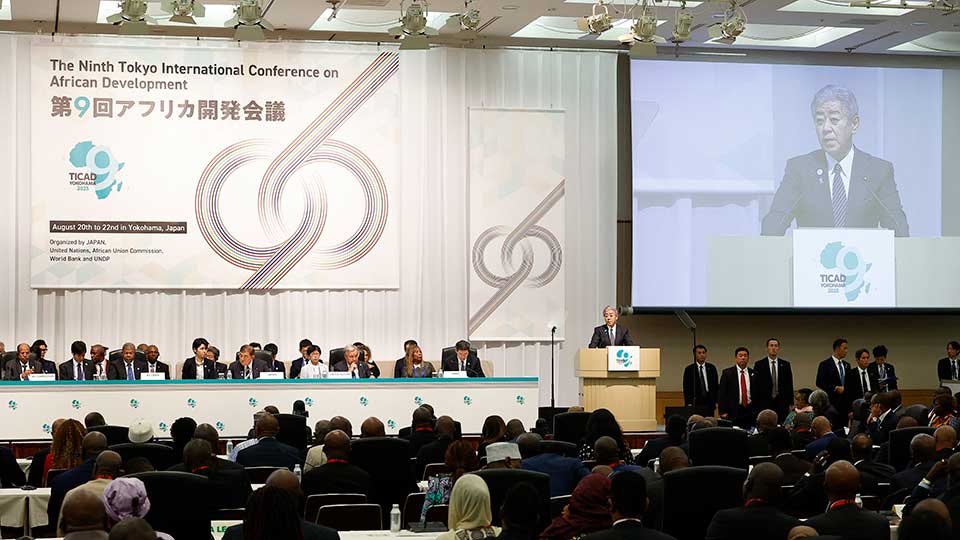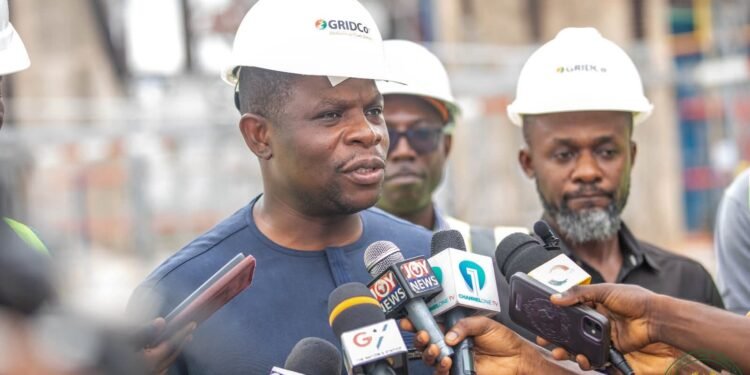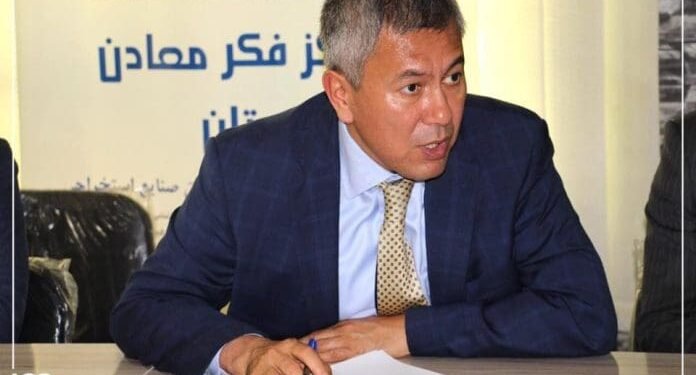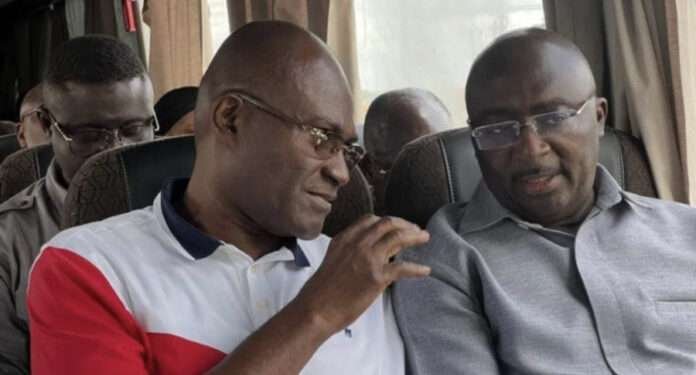Japan has opened a three-day summit with nearly 50 African leaders, using the platform to pitch itself as a reliable development partner at a time when the continent struggles with mounting debt, shrinking Western aid, and the weight of climate and conflict.
The Tokyo International Conference on African Development (TICAD), now in its ninth edition since 1993, has drawn the participation of prominent leaders such as Nigerian President Bola Tinubu, South Africa’s Cyril Ramaphosa, President John Dramani Mahama, Kenya’s William Ruto, and United Nations Secretary-General Antonio Guterres. Japanese Prime Minister Shigeru Ishiba stressed the need for Tokyo to deepen cooperation with Africa, pledging expanded economic, strategic, and technological ties.
Africa’s fiscal woes loomed large over the discussions. Ramaphosa’s office released a statement highlighting the severity of the situation: “The debt and liquidity crisis on the African continent is worsening the challenging socio-economic environment and constraining the fiscal space for governments to cast a safety net over its citizens.”
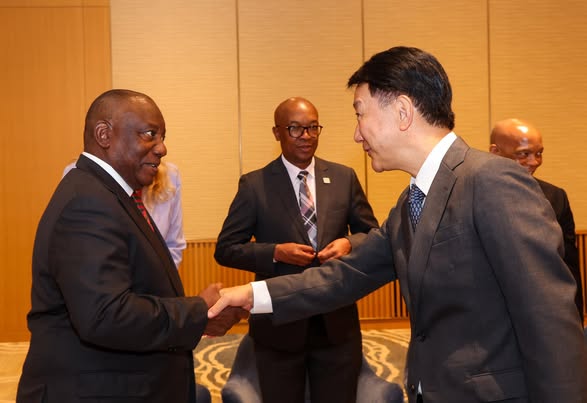
For more than a decade, China has poured billions into African economies, financing railways, ports, and highways under its Belt and Road Initiative. But new loans are slowing, leaving countries caught between Beijing and international creditors. A May report by Australia’s Lowy Institute described this burden as a “tidal wave” of debt, noting that it threatens development progress across the continent.
Japan Pitches Itself As Trusted Alternative
Japan is presenting TICAD as a platform to counterbalance both China’s influence and waning U.S. engagement. African nations have seen Western aid decline, with cuts amplified by President Donald Trump’s dismantling of the U.S. Agency for International Development (USAID). Against that backdrop, Ishiba said Japan must focus on building trust through cooperation that reflects African priorities.
“We will be discussing how we may leverage these human and material resources as a source of vitality and connect them to Japan’s growth and the prosperity of the world. Rather than focusing on our own needs, we want to carefully identify the needs of our partners and earn their trust, thereby fulfilling our role as a nation.”
Prime Minister Shigeru Ishiba
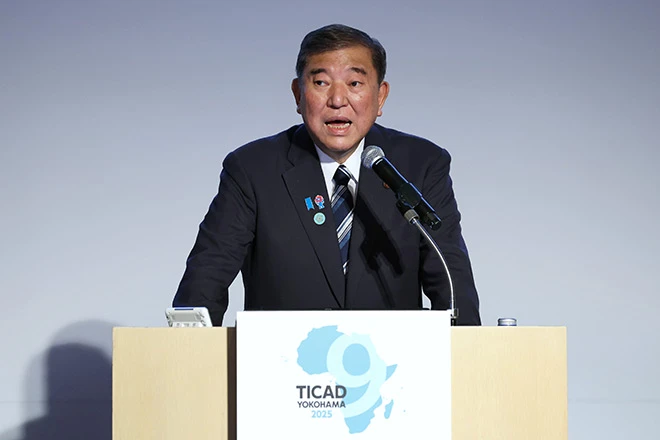
Central to Ishiba’s proposals is the “Indian Ocean–Africa Economic Zone Initiative,” a framework designed to integrate Japanese business activity from India and the Middle East into African markets. Organisers say the plan reflects Japan’s ambition to strengthen connectivity, expand free trade, and encourage sustainable development.
According to sources, TICAD will discuss free-trade agreements, loan guarantees, and investment incentives for Japanese companies. Ishiba has also pledged to cultivate 30,000 artificial intelligence experts over the next three years to promote digitalisation and create jobs.
Japan’s largest business federation, Keidanren, has urged the government to actively address the concerns of developing nations. “By actively contributing to solving the social issues faced by countries in the Global South, Japan must be chosen as a trustworthy partner,” the group said in a June policy paper.
Africa’s youthful population and abundant resources offer opportunities that Ishiba believes can be harnessed for mutual benefit. His message to African leaders was clear: Tokyo intends to frame its engagement not as a competitor to Beijing but as a partner that values African voices.
As the summit progresses, observers will be watching whether Japan’s pledges translate into tangible partnerships, and whether African nations view Tokyo’s initiatives as a genuine alternative to China’s heavy investment model.
READ ALSO: President Mahama Showcases Ghana’s Energy Advantage at TICAD-9

